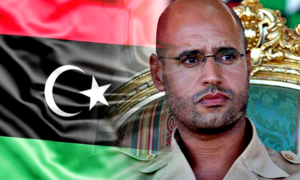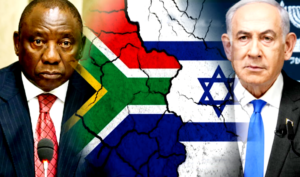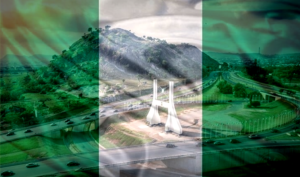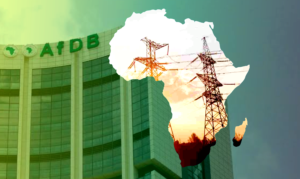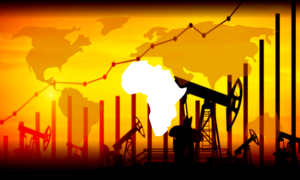Madagascar on the Brink: As Soldiers Defect and Protests Swell, President Rajoelina Reportedly Flees
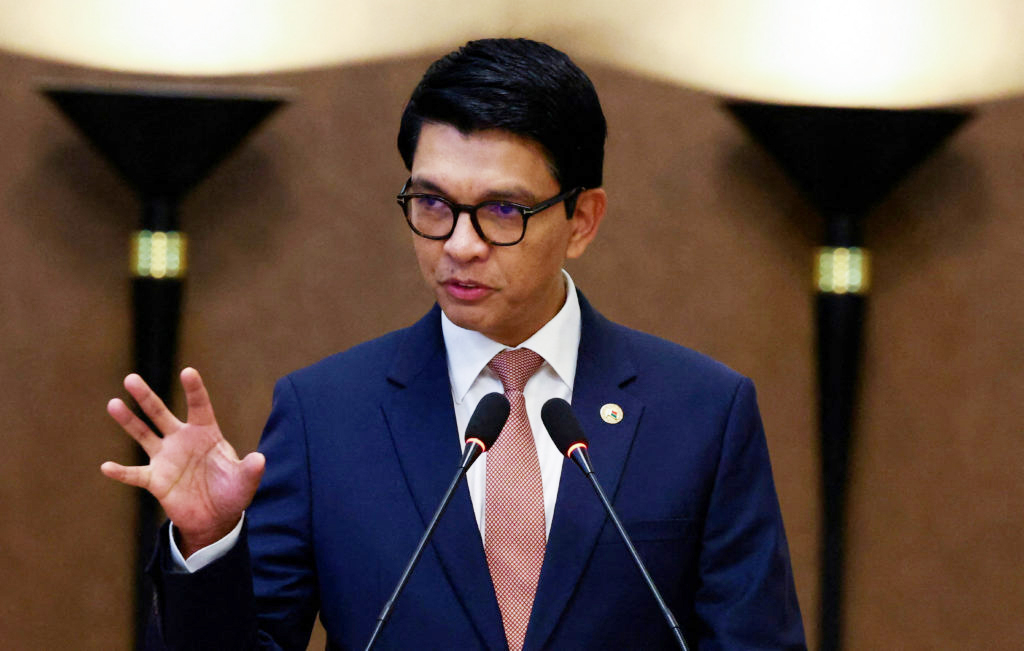
FILE PHOTO: Madagascar's President Andry Rajoelina, gestures as he appoints military general Ruphin Fortunat Zafisambo as Prime Minister at the Lavoloha Presidential Palace, following government dissolution amid protests over power and water shortages, in Antananarivo, Madagascar October 6, 2025. REUTERS/Siphiwe Sibeko/File Photo
In the humid spring air of Antananarivo, chants for change echo through Independence Avenue. What began as restless demonstrations over corruption and rising prices has now morphed into a full-blown political storm that may have driven Madagascar’s President Andry Rajoelina out of his own country.
According to opposition lawmakers, Rajoelina fled the island nation late Sunday night, just hours before he was due to address the nation on state television. His departure happened after he dissolved the country’s lower house of parliament, and with a following scenario of the elite military unit, which defected to take side with protesters who have been on the streets for weeks, protesting.
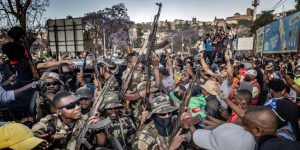
The Madagascar news feels like déjà vu. The country has lived through three coups since independence in 1960 and Rajoelina himself rose to power during a military-backed upheaval in 2009. Fifteen years later, the former DJ-turned-politician finds himself on the opposite side of a familiar pattern, cornered by public anger and a fracturing military.
Rajoelina’s rise had once captured Madagascar’s imagination. He is a young, charismatic mayor from the capital city who promised to modernize governance and bring digital savvy to politics. But for many Malagasy families, that dream never materialized.
Madagascar’s economic troubles exacerbated by global inflation and successive climate shocks, expanding frustration across the population. Half of its 30 million citizens live below the poverty line. Meanwhile, allegations of cronyism and opaque mining deals have fueled public outrage.
The turning point came when a special military unit reportedly refused orders to disperse protesters. Videos circulating on social media showed uniformed men standing alongside demonstrators, waving national flags and chanting “Rajoelina must go.”
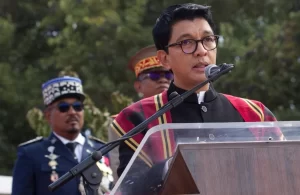
The government has not officially confirmed the president’s departure, and communications from the presidential palace have gone silent. But opposition lawmakers say Rajoelina boarded a private plane late Sunday bound for an undisclosed location, possibly in Mauritius or France.
If confirmed, Rajoelina’s exit would plunge Madagascar into yet another power vacuum. The constitution provides for the prime minister or parliamentary speaker to assume interim authority, but both face legitimacy questions in the eyes of the protesters.
International observers are urging restraint. The African Union called for dialogue and constitutional order, while France, the former colonial power, has expressed “deep concern.”
Behind the headlines, it is ordinary Malagasy families who feel the strain most acutely. Schools have closed in parts of Antananarivo, food prices have spiked further amid transport disruptions, and businesses are shuttering as uncertainty deepens.
At the moment Madagascar’s future hangs in limbo, between democracy and disarray, hope and fatigue. If Rajoelina has indeed fled, his departure may signal not just the end of a presidency, but the failure of a generation of leaders to bridge the gulf between political ambition and public need.
And as dusk settles over the highlands, the crowds in Antananarivo keep marching, their voices rising above the sound of distant sirens, a nation in Africa is once again rewriting its own story, from the edge.


